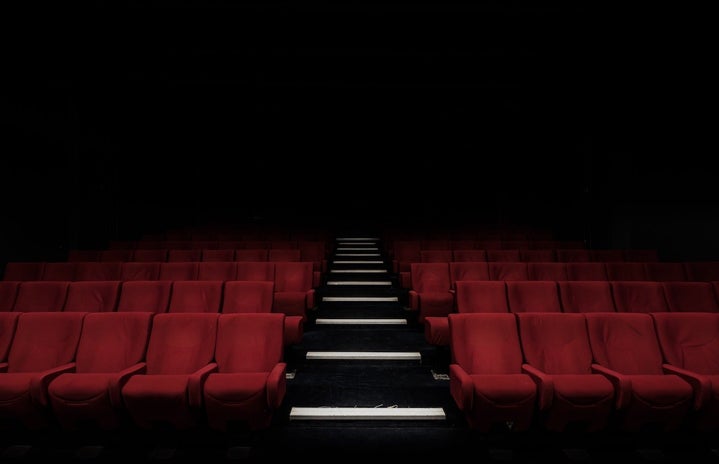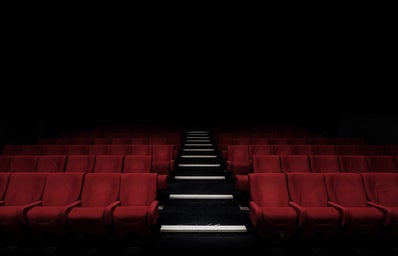Yalda, a Night for Forgiveness, directed by Massoud Bakhshi, is quite a unique film. Unlike many other films, Yalda, a Night for Forgiveness resists establishing a clear sociopolitical commentary. It also uses intuitive cinematography, which was created by Julian Atanassov, to suggest that the audience should decide for themselves what they think rather than prescribing a specific opinion.
Yalda, a Night for Forgiveness tells the story of a young woman named Maryam, who is sentenced to death for killing her temporary husband, Nasser. She appears as a guest on a massively popular reality TV show that has the potential to save her life, as if Nasser’s daughter, Mona, forgives Maryam for killing Nasser while on the show, then Maryam will not be sentenced to death. The audience of the TV show also plays a role in the judgment of Maryam.
The cinematography switches between showing the behind-the-scenes of the TV show in the control room and the reality TV show as it would be shown to its millions of viewers, making the audience of Yalda, a Night for Forgiveness also the audience of the TV show. In this way, the film suggests that the audience of Yalda, a Night for Forgiveness should decide for themselves what they think of Maryam’s fate.
Similarly, there is a moment toward the end of the movie where the theatre that the reality TV show is shot in is shown, and the seats in the theatre where the live audience would be are mostly empty. Director of Staller Center and Director of the SBU Spring 2021 Film Series, Alan Inkles, says that the empty seats in the theatre might be Yalda, a Night for Forgiveness saying to its audience, “You’re now the audience now. What did you think? Did you think that was the right decision?” I agree with Alan when he says this, as this shot is prolonged, suggesting that it holds significance to the film and should be considered when analyzing the meaning of the film. This scene could have easily been shot a different way, but because it is shot the way it is, the empty seats hold symbolic significance of the passing on of audience-ship of the audience of the reality TV show to the audience of Yalda, a Night for Forgiveness. In this way, by asking the audience to make their own judgment, Yalda, a Night for Forgiveness resists making its own commentary on whether the decision about Maryam’s fate was right or not.
Additionally, the acting was incredible. There is not a bad actor in the film. The main characters, Maryam, played by Sadaf Asgari, and Mona, played by Behnaz Jafari, were particularly wonderful. There were several intense emotionally charged scenes that Maryam and Mona’s characters were in, and Sadaf Asgari and Behnaz Jafari’s powerful performances were accentuated by the strong acting of the other characters that surrounded them.
The movie also resists clear characterization, as there is one point in the film that leads the audience to believe that Maryam is about to hurt someone, which makes one question her character and wonder if she actually did intentionally kill Nasser. Rather than clearly establish that harming someone is something that Maryam either would or would not do, the movie leaves her characterization open-ended, allowing for a viewer of the film to decide and judge for themselves what they think of her.
Yalda, a Night for Forgiveness asks for the audience’s involvement due to the movie resisting commenting on Maryam’s fate, and the commentary that this resistance suggests about the nature of fate, morality, and judgment is not a common commentary that is made, making this film quite unique and special. I highly recommend Yalda, a Night for Forgiveness to everyone, as it will provoke a viewer’s thoughts and question their own morals.



